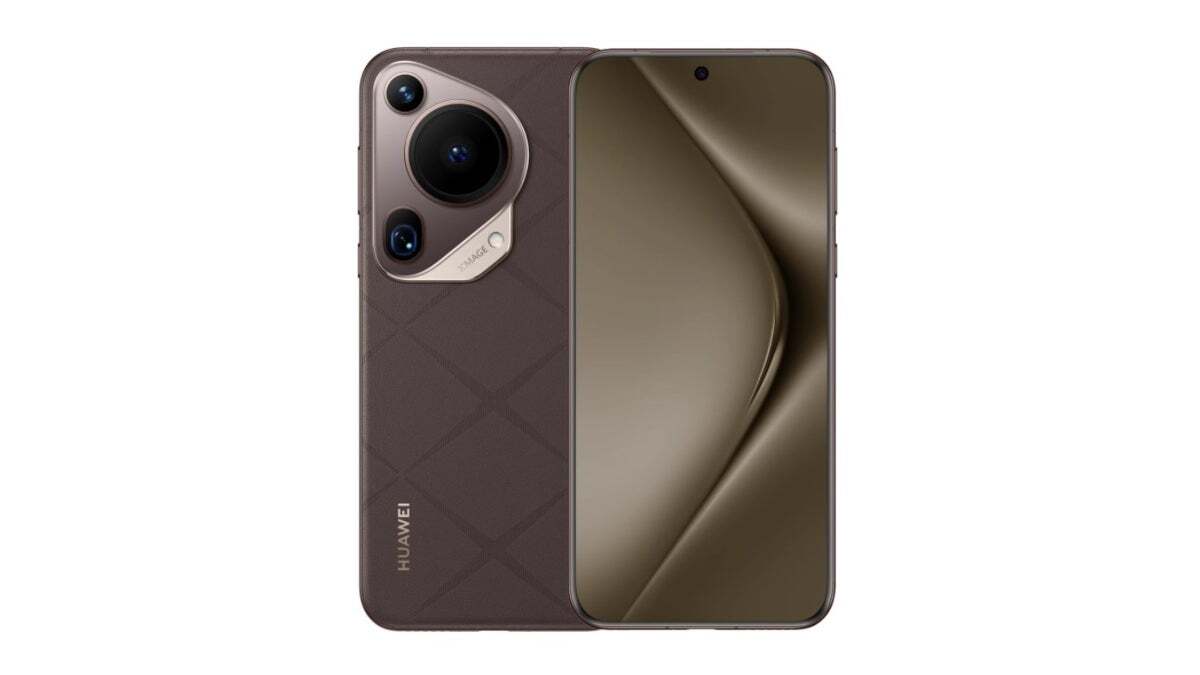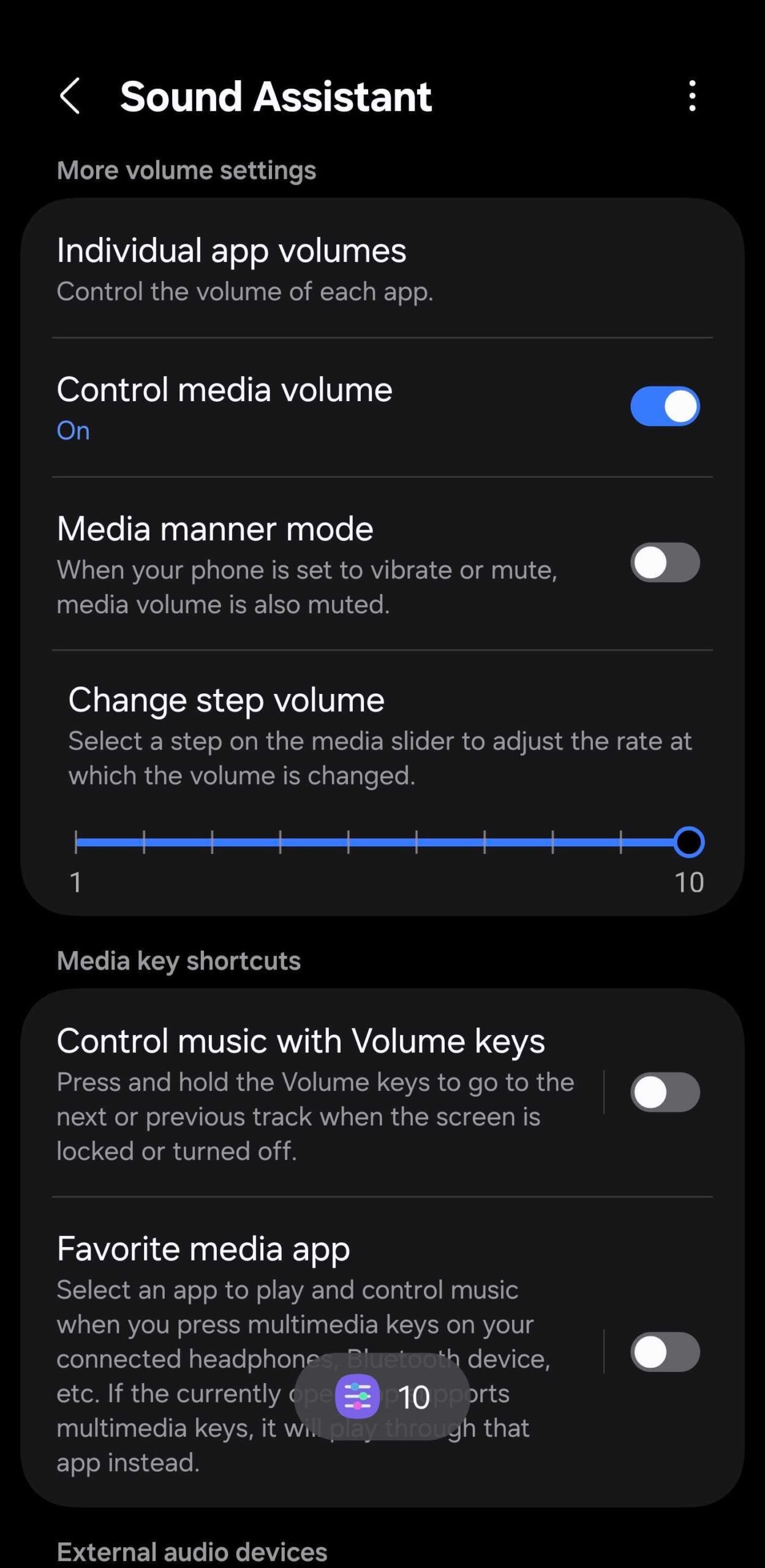When Huawei ran out of inventory of its Kirin 9000 chips, Qualcomm was able to obtain a license to ship versions of its Snapdragon application processors to Huawei that were tweaked not to work with 5G networks. These chips were used to power 2022’s P50 and Mate 50 phones, and last year’s P60. But when Huawei was able to obtain 5G chips from China’s largest foundry, SMIC, U.S. lawmakers were extremely upset even if the chips were produced using a process node (7nm) two generations behind TSMC, and Samsung Foundry. And the lawmakers are getting even.


The Pura 70 Ultra is powered by the 5G Kirin 9010 chipset
McCaul said, “It’s blocking any chips sold to Huawei.” Talking about Qualcomm and Intel, McCaul added, “Those are two companies we’ve always worried about being a little too close to China. The House Foreign Affairs Committee Chairman was briefed about the decision to pull the licenses from Qualcomm and Intel. The U.S. is considering adding sanctions to six Chinese firms that American officials fear could supply Huawei with chips.
In a statement made Tuesday, the U.S. Commerce Department said, “We continuously assess how our controls can best protect our national security and foreign policy interests.” Meanwhile, Qualcomm says that its business with Huawei has been dropping, is extremely limited, and it will soon be selling absolutely no chips to the Chinese firm.







